
Florine, a Master student who recently graduated from the world-renown La Sorbonne University in Paris (as seen in the main photo), contacted the Bios team as part of the research for her thesis that she was writing on the funeral sector. Her choice of subject: The development of eco-friendly funerals in France reveals the relationship of the French to death.
This is a very topical issue in France, as it is currently one of the countries with the strictest funeral restrictions in Europe.
The heavy legal restrictions in France impeding eco-friendly funerals
In France, it is forbidden to keep or scatter human ashes at home as well as to plant them in a biodegradable urn on private land or in a planter. This used to be possible, but a new law of 2008 was put in place to avoid the so-called abuses related to the scattering of ashes and the abandonment of non-biodegradable urns in public places.
Scattering cremation ashes or planting them in a biodegradable urn in a public place is not really any easier. Planting a Bios Urn ® in nature is legal in France only with the agreement of the Town Hall or City Council for the “scattering of ashes on publicly-owned land” belonging to the commune. According to the French people who have been in contact with us on this subject, it would seem that this agreement is not easy to obtain.
The complexity of the issue on the destination of human ashes in France forced the Ministry of Territorial Cohesion and Relations with Territorial Communities to publish a guide of recommendations on funerary urns and burial sites in December 2018. This guide tries to use simple language based on questions and answers and explains in a practical way how to proceed.
There is also the possibility of turning to a private green cemetery with a dedicated area for planting biodegradable urns. There are currently only a handful of ‘natural cemeteries’ or ‘burial grounds’ in France at present (2021), but this is likely to change rapidly we think (and hope!), as demand for this type of burial ground increases.

The very first Bios Park® is open in Quebec, a natural environment for planting our biodegradable urns. Image source: Bios Urn®
That said, these current legislative restrictions do not make it easy for many families to choose eco-friendly funeral options such as planting a 100% biodegradable urn with tree seed.
What we often find is that the laws do not specifically cover the principle of depositing cremains in a biodegradable urn which then becomes part of the soil when the urn has biodegraded and a tree will grow in its place. Is this scattering of ashes? Not really. Or the preservation of ashes at home? Not really either. In fact, it’s a bit of both.
And according to the description in the new French law, could the planting of a Bios Urn ® be considered “abusive”? Well, not really, as the ashes become a tree which could be around for decades or centuries, which is extremely important for the planet. It also leaves absolutely no trace, so zero waste. Still, this is only a subjective opinion. It remains to be seen whether the law changes again to cover this very specific case of a biodegradable tree urn in many countries around the world, not just France. We are not currently aware of any French court case to date where a person has been taken to court for planting a biodegradable urn in their home or in a natural environment on their private property, so we are hopeful!
This is a subject that interests Florine, a 24-year-old student at the world-famous Sorbonne University in Paris. Following her advanced research in this area, we wanted to talk to her to find out how she sees the future of eco-friendly funerals in France. Here is our interview with her.
The development of eco-friendly funerals in France
Florine tells us about her great interest in people and what they have to say. She has a passion for internet culture and oddities, anything that piques her curiosity. Her hobbies include music and just about every kind of visual art – “without it ever leading anywhere, but that doesn’t really bother me,” she adds. She explains that she completed her studies with a master’s degree in brand communication, innovation and creation at CELSA (La Sorbonne University) in September 2021 and is now a strategic planner in an advertising agency.
-
What led you to study for your master’s degree at the reputable Sorbonne University in Paris?
I went into advertising straight after the baccalaureate (the equivalent end-of-school exams at 18). I started with a two-year post-graduate study scheme in Bordeaux in this field, before taking a gap year during which I spent in Scotland. I went back to brand communication at Audencia SciencesCom on my return, where I did two years of study before changing schools to join the CELSA at the Sorbonne University. It is currently the school that best prepares, in my opinion, for the job of strategic planner which is what I wanted to do.
It is a school of social sciences to which many eminent researchers in information and communication sciences are linked to, or have been linked to. It is therefore under their supervision that I did my second year master’s research thesis, which dealt with the market development of eco-friendly funerals in France. I was lucky enough to find a tutor in this university who appreciated the subject I proposed, despite its strangeness!

The famous Sorbonne University in Paris where Florine completed her 2-year masters degree. Image source: Wikimedia Commons
-
What led you to write your thesis on the subject of eco-friendly funerals?
I knew I wanted to work on a provocative subject, as it would keep me interested all year round (and a little bit because I like to provoke reactions in people). In my house we talk about death quite easily, I eventually realized that this was not the case in all families, far from it. My mother is a therapist and regularly accompanies patients through their bereavement, which is one of the things she talks about in the book she wrote and published in 2019. All this has definitely influenced me.
And then one of the rules concerning the choice of subjects that we could choose, imposed by the university, established that we had to deal with a commercial world since we were in the ‘Brand’ specialization. If there is a thriving market, with no shortage of customers, and one that we don’t hear much about, it is the funeral industry.
I began by taking an interest in funeral home advertisements, whose impertinence amused me but which I also felt I would soon tire of. It was really by chance that I got the idea to look for information about eco-friendly funerals. During the second Covid-19 pandemic lockdown in 2020, I found myself shared a rented apartment with other students who were very committed to the environment. I learned a lot from them and was curious to see if there were any green cemeteries in existence in France. I already knew that it was possible to ‘become a tree‘ after death rather than have a headstone but that was about it. There are a lot of solutions that exist or are being created in this sense but that people are not aware of, so I was very interested.
-
Of all the people you had a chance to speak to whilst researching your thesis, what stood out for you the most?
I want to distinguish between individuals and professionals to better answer this question.
My research paper is based on seven qualitative interviews with people with different and complementary profiles, to better understand the issues at stake in the chosen subject. But I also talked a lot about this research work around me while I was doing it, to get people’s opinions and to provoke reactions from them. What I have learned from these informal exchanges is that people are generally very curious when you suggest this topic. I noticed an uncomfortable look in some people and they would make it clear that it was not an easy subject to talk about because they were afraid of death, but even these people would sometimes go on for a few minutes about why they were uncomfortable – which was, in itself, talking about death. The majority of the people I spoke to were simply curious to know what options existed, what could be done, and debated with me about their relationship to death, the afterlife, religion, and all the subjects that touched closely or remotely on the one I had chosen to deal with in my memoir.
On the other side of the barrier of silence, there are obviously the funeral professionals whose daily life it is to work with death. Like anyone who discovers a new world, I was very impressed by the organization of the field, which is complex and very straightforward at the same time. The people I interviewed first made it clear to me that funerals in France today are above all a sanitary issue, and that the laws in place were not designed to facilitate the mourning of loved ones but to ensure the storage of remains in a restricted space that does not represent any hygiene risk. This way of approaching the subject obviously limits the possible mortuary rituals and influences the relationship we have with death.
-
How did you discover the Bios Urn®?
Biodegradable urns are among the most developed funeral products out there in terms of eco-responsible funeral options, and Bios Urn ® was among the best referenced results on the internet. I was interested in its positioning and its brand contents in the framework of my thesis.
-
How do you envisage the funeral industry in 50 years’ time?
The French population is less and less religious, or at least less attached to the Catholic Church from generation to generation. This means that it will make less and less sense to celebrate our dead according to the precepts of this religion. With the emergence of interest in mental health issues, thanks to the candiness spearheaded by Generation Z in particular, it is very likely that how we mourn will be one of the major topics of the years to come. Proving that the funeral rites possible in France today do not correspond to the personalities of the living and are therefore experienced as a shock by relatives is a privileged entry point for the development of eco-friendly funerals in my opinion. Not necessarily because of an absolute environmental conviction, but because of the need to create new rituals that move away from the Catholic religion to offer a more fluid spirituality.
As far as legislation is concerned, things will only move if this becomes a topic in the public debate and if the politicians in place choose to deal with it. Some solutions will probably take longer to emerge and be legalized than others, such as aquamation (a technique using water) and Promession (a technique using freezing temperatures), which rapidly transform the material of the body without going through cremation and are considered “unnatural” for the moment here.
It is very likely that humusation and conservation burials will be adopted in the relatively near future. One only has to look at Canada, which is ahead of us but not so far behind us, to see what may lie ahead.
My professional deformation leads me to believe that the sector’s brands such as Bios Urn ® also have a role to play through education and brand content in particular.
The funeral industry will obviously not only be influenced by ecological values in the coming years. We can also talk about the digitalisation of burials and the solutions that will be developed to respond to the lack of space in cemeteries in urban areas. We are talking about a subject that remains sanitary, let’s not forget it.
-
In your opinion, who are the major online influencers of the eco-responsible funeral world today?
Outside of France, @AskAMortician spoke to me the most – I highly recommend her TedTalks and I had a soft spot for her analysis in an episode of KUWTK, which tackles the topic exactly the way I would advocate for any brand in the industry, as a communicator. By analyzing a pop cultural object, Caitlin creates more accessible bridges with the audience to address topics such as death, bereavement, how to talk to children and why plan ahead for end of life.
-
Have you started to plan your own end-of-life plans?
Not really, no. My family knows that after working on my thesis I would prefer an eco-responsible funeral, but it is out of the question for me to impose on my relatives to have do exclusively do this, as there don’t seem to be any eco-friendly cemeteries near my place of birth, which is where they still live. What is the point of placing one’s resting place too far away from those who would like to visit it during their mourning?
The only thing that is definite is that I want everyone attending the ceremony to wear either an inflatable rub-a-ring or inflatable armbands. I’m sure the plastic squeaks and ridiculousness of the situation will draw a few laughs from the guest which is exactly what I would want.
-
If you were to become a tree in the afterlife, which tree or plant would you choose?
Probably a prunus, for the sake of cycle symbolism. There was one in my garden as a child, it was recently uprooted because it was sick. My mother also told me that she had experienced the beginning of her labor when she was pregnant with me under this tree, so it makes sense to imagine it accompanying me from the beginning of my life until the end. But if it’s more useful for the living to plant something else with my remains, that’s fine too.
Choosing an immortal tree for vanity’s sake goes against the principle of an eco-responsible funeral: it should be all about making room for the living, we’re just passing through.
How do you feel about this conversation around the development of eco-responsible funerals in general?
We would love to hear from you in the Comments section below!
To keep up to date with all the latest Bios Urn ® news and stories, you can follow us on Facebook, Instagram, Twitter, Pinterest and YouTube!
Join our mailing list to keep you updated of all Bios® news and get a 10% Discount!

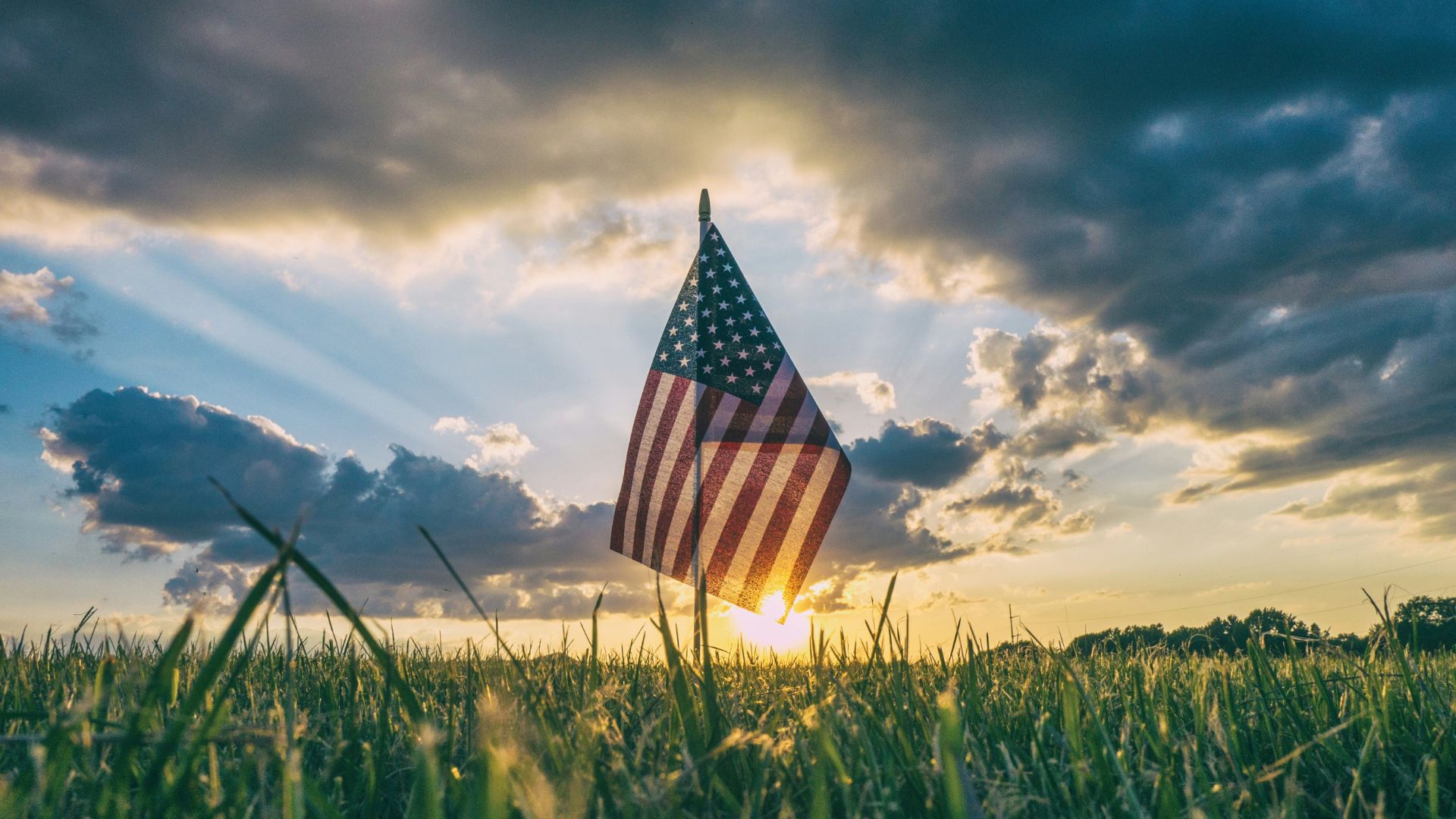
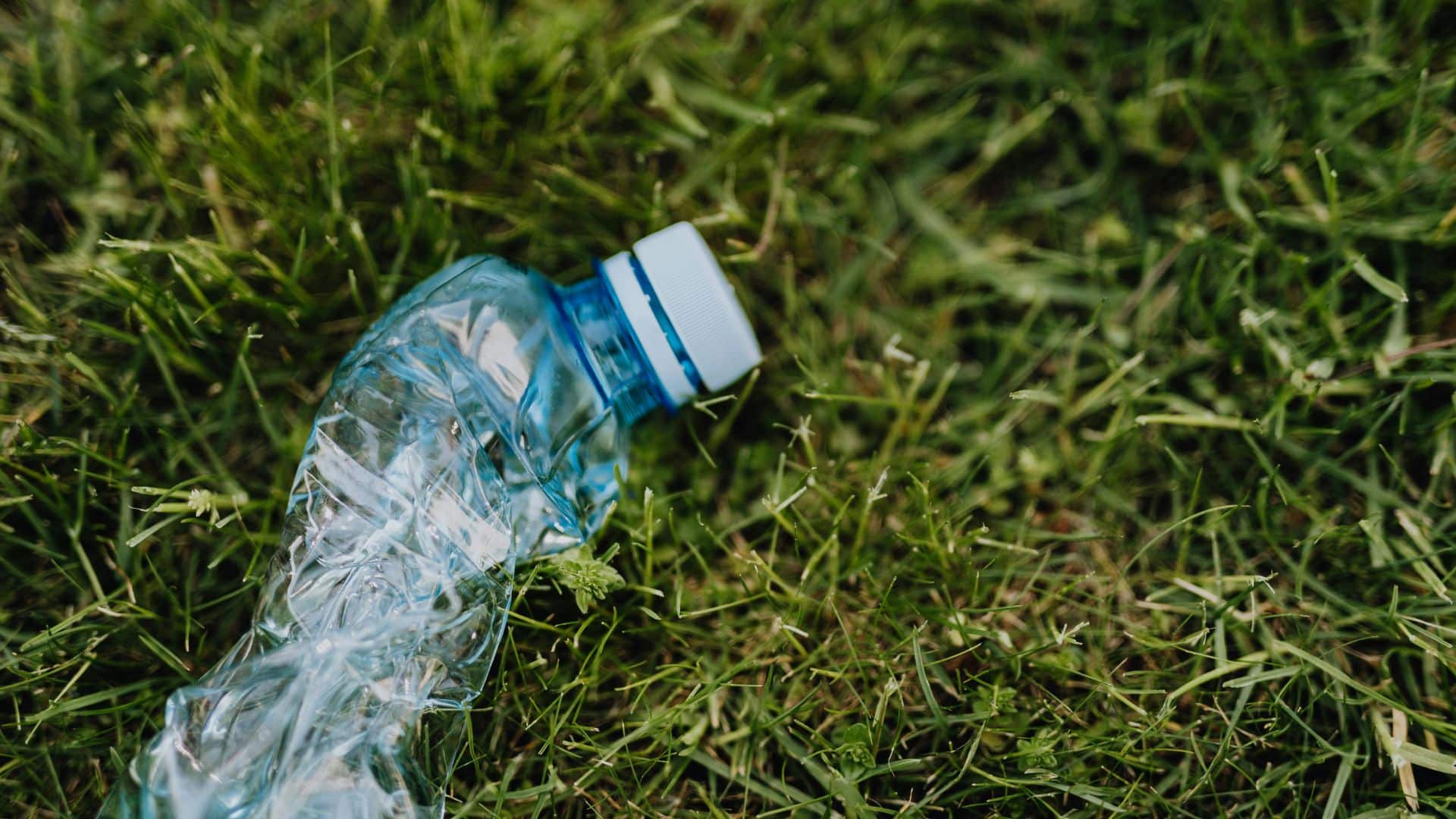
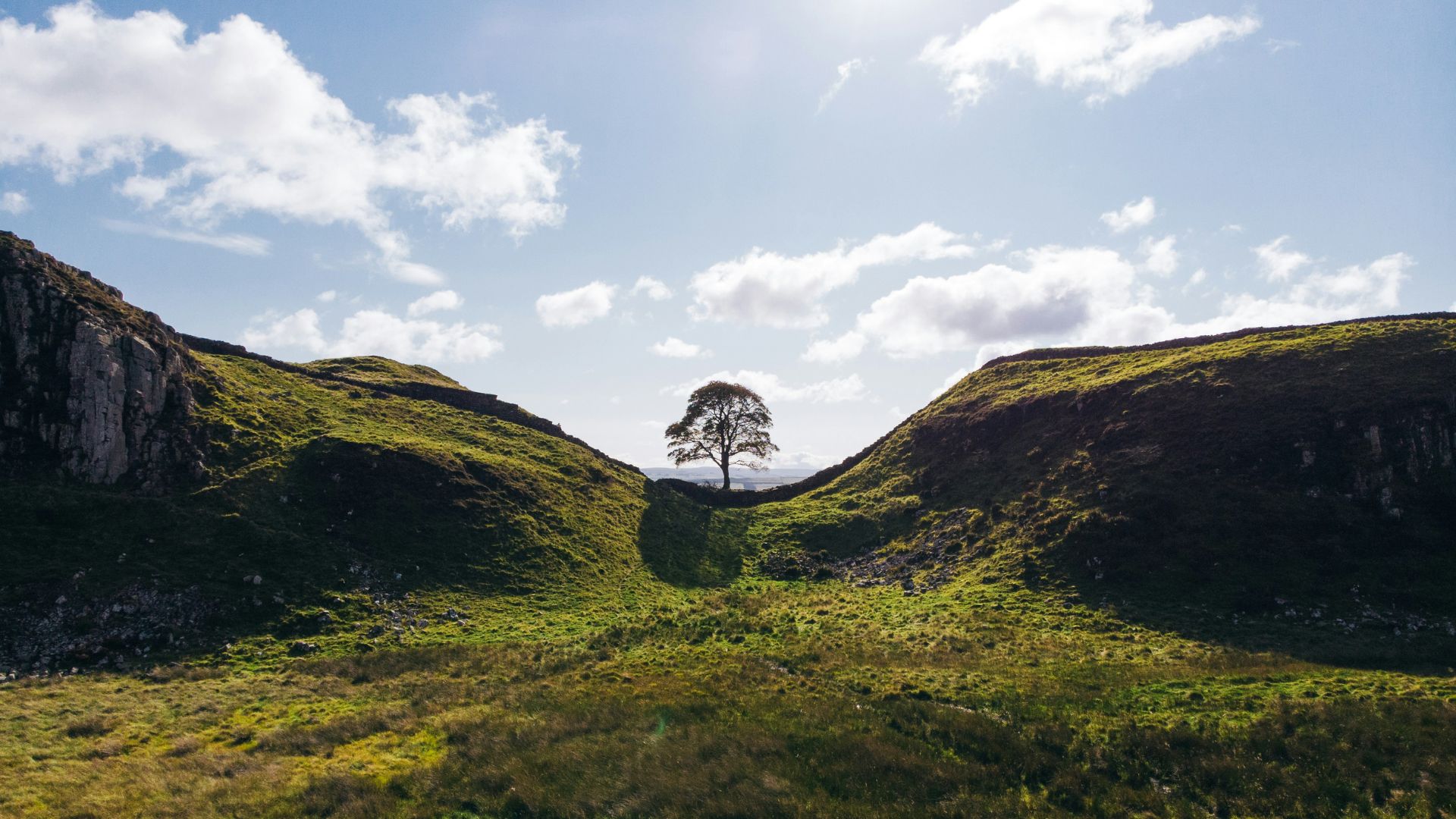
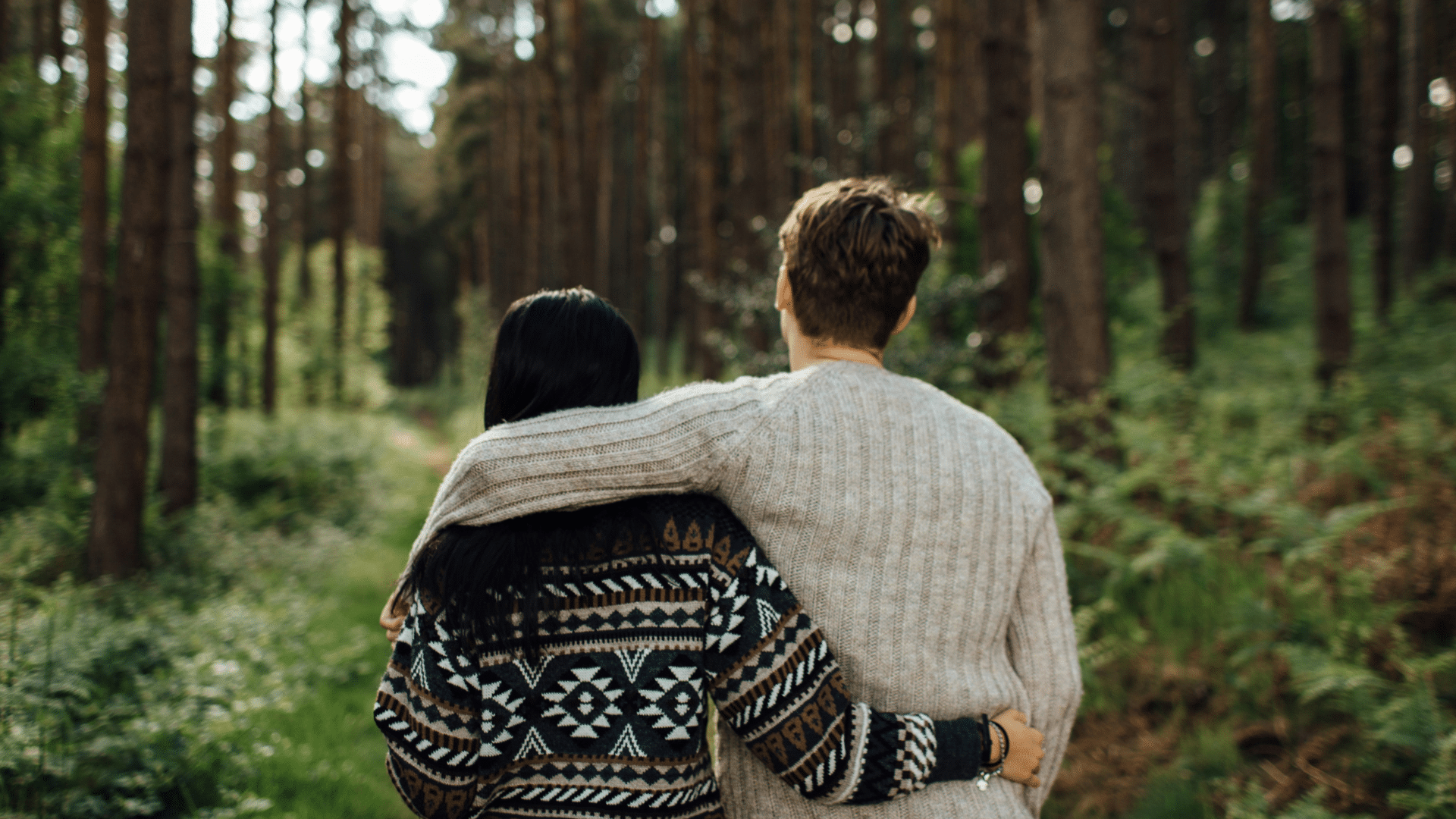

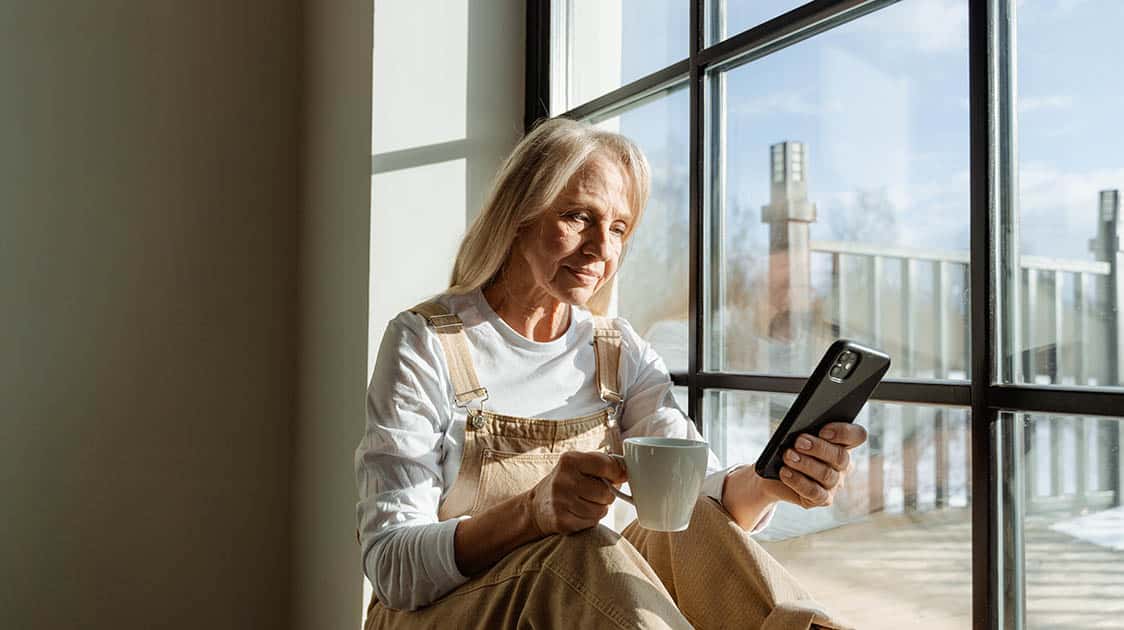
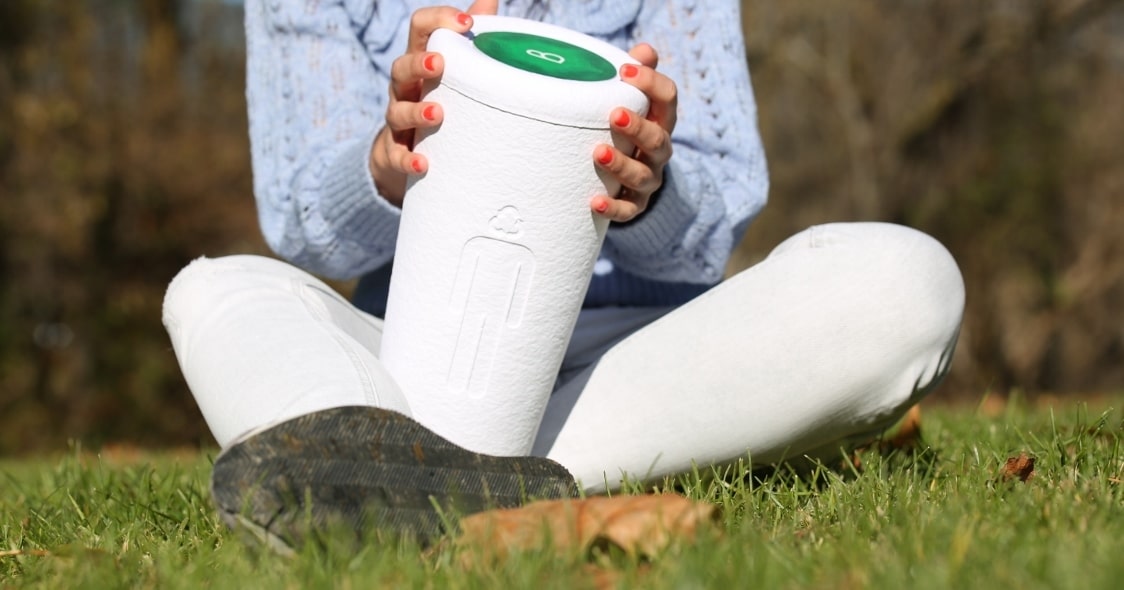
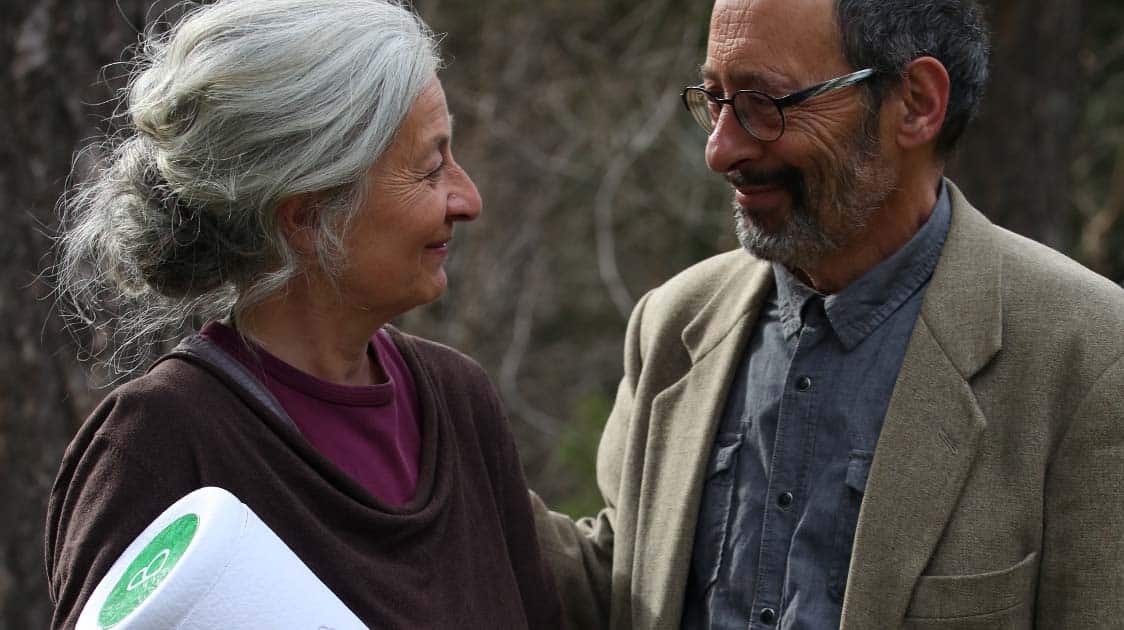
Leave a Reply